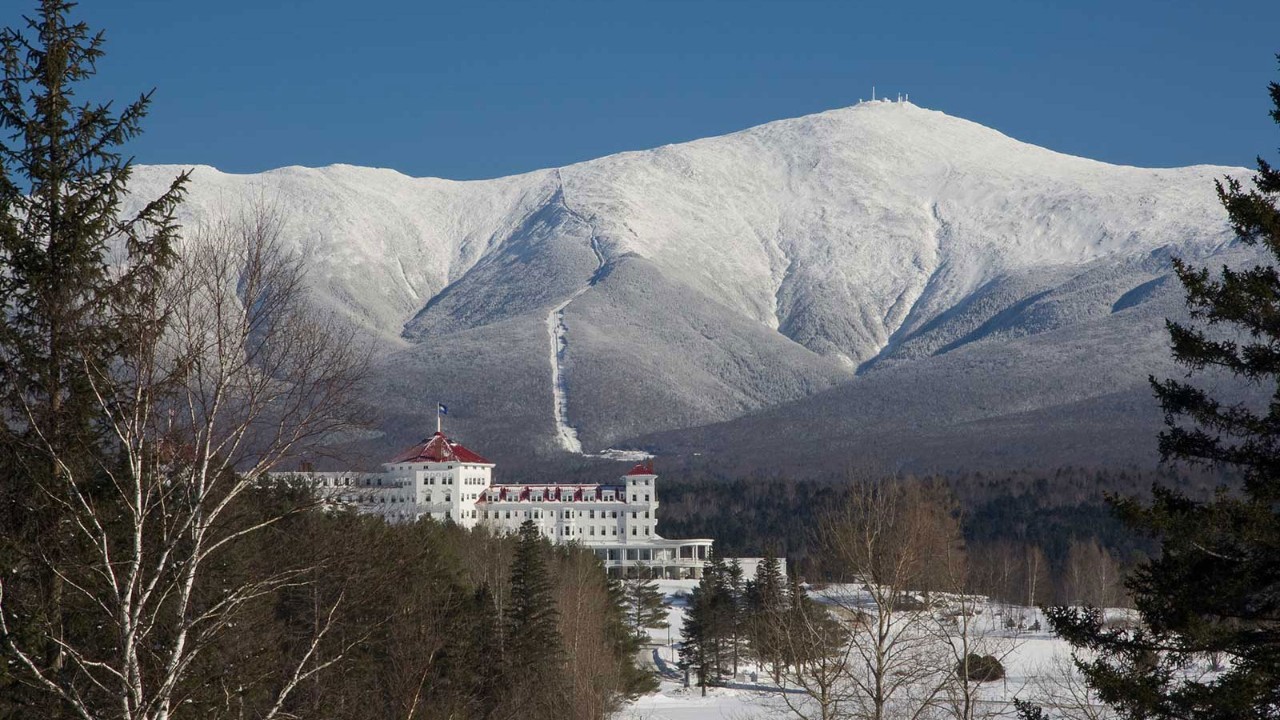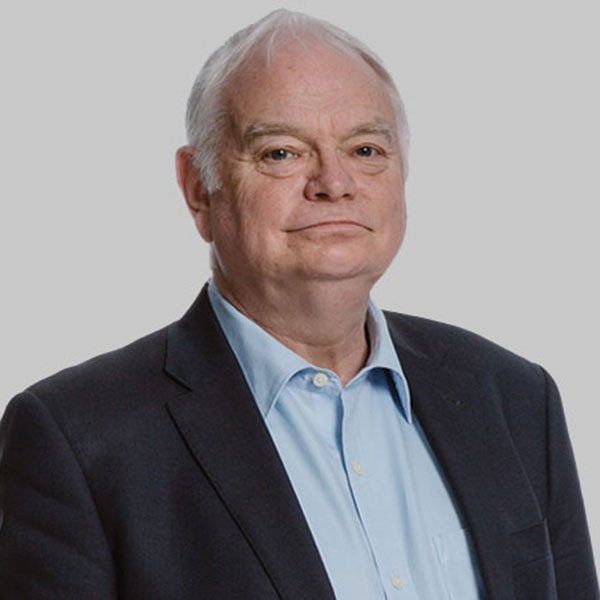
A few weeks ago we were in New Hampshire amid the fall foliage of the north-eastern US. We drove up to Bretton Woods, where the huge Mount Washington Resort sprawls in isolated splendour on a plateau dominated by mountain peaks.
Eighty years ago, the peace and isolation of the place was even more important. A world war was raging almost everywhere else; 1 July 1944 marked 25 days since the D-Day landings in Western Europe. More than 60,000 allied soldiers were already casualties. But the tide was turning in the war and on that same 1 July, the Bretton Woods conference started.
Far sighted
Its extraordinary aim was to create a global financial structure for when the war came to an end. To call it far sighted was an understatement. The World Bank and the International Monetary Fund were both created as a result of the conference and, despite still bickering away, they remain intact 80 years on.
The hotel resort remains, too, much of it preserved from those days, although it is families and golfers rather than the world’s economists who stride through the corridors. You can stand in the very room where the agreement that created the global economic order was signed. The small flags that stood in front of each of the delegates at the conference table are preserved in a glass case.
‘If the United States government had a summer capital, I think it would increase the work by 100%’
The views of the mountain wilderness beyond are stupendous. Back in 1944, one of the journalists at the conference started his first despatch: ‘Viewed from this wicker chair on the curving porch of the Mt Washington Hotel the Presidential range of New Hampshire etches zigzag indentations into the azure sky,’ and continued in that vein for some time. Having sat in those wicker chairs at dusk 80 years later, I can only agree.
Clear thinking
This is the sort of isolated spot that clarifies the mind. Indeed, Henry Morgenthau, the US secretary of the Treasury at the time, agreed. In his closing remarks at the conference he said: ‘I think the New Hampshire air has contributed much to the clear thinking of everybody. Believe me, if the United States government had a summer capital, I think it would increase the work by 100%.’
Certainly, for those few weeks in 1944 it did. ‘It is in our power,’ Morgenthau commented, ‘to transform the Bretton Woods agreements into an epoch-making precedent, a beacon of world progress.’
First celebrity
At the heart of the conference was the world’s first economic celebrity: John Maynard Keynes from the UK. His revolutionary theories had transformed economic thinking and had played a major part in lifting economies out of the recessionary troughs of the 1930s. And his reputation carried much at the conference.
‘Battling against fatigue and weakness he has thoroughly dominated the conference,’ wrote one observer. He arrived late to the closing formal dinner. ‘Tired, pale as a sheet, he was walking round the long table to his empty seat,’ wrote a participant. ‘Spontaneously everyone in the room stood up in complete silence while he made his way to his chair. It was an unspoken moving tribute to the master, the true prophet of this gathering.’
Global economic institutions are in surprisingly robust shape
On the drive up to Bretton Woods we stopped off at a popular hiking spot. In the visitor centre stood a stagecoach, once of the Plymouth and Franconia Valley line. It was an example of the classic stagecoach of popular imagination and had last run in that area of New Hampshire in 1911, less than 35 years before the Bretton Woods conference. That gap between then, and the conference, and the 80 years since clarified the thought, as Morgenthau might have agreed, that global economic institutions are, despite our preference for gloom, in surprisingly robust shape.



